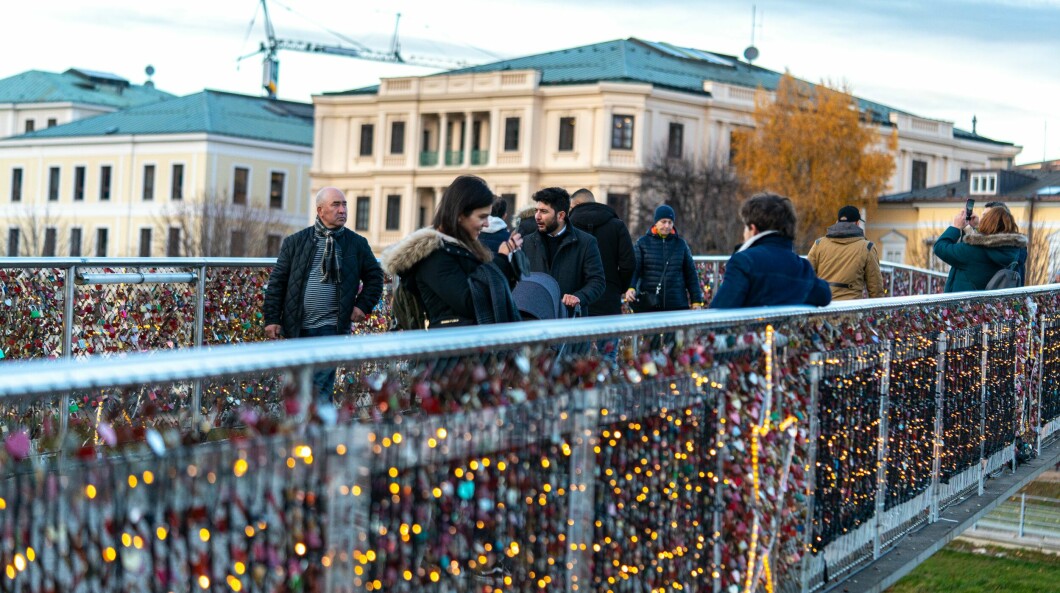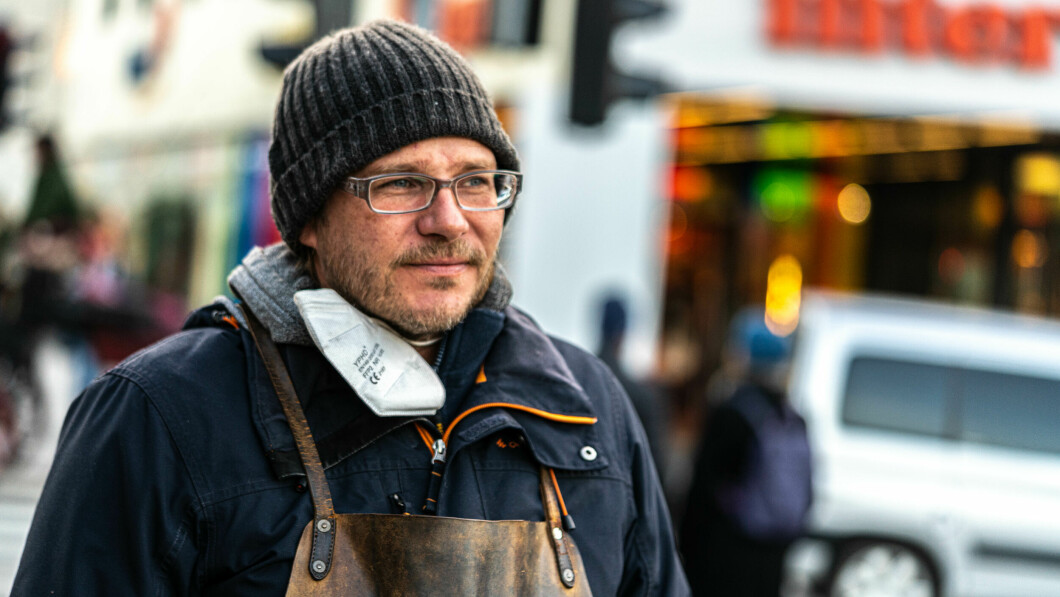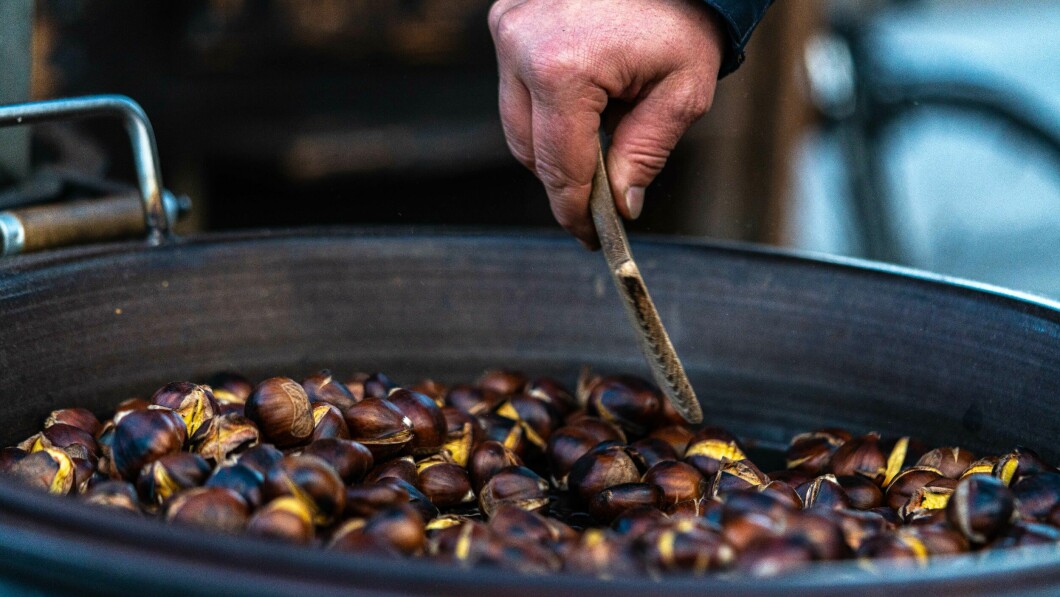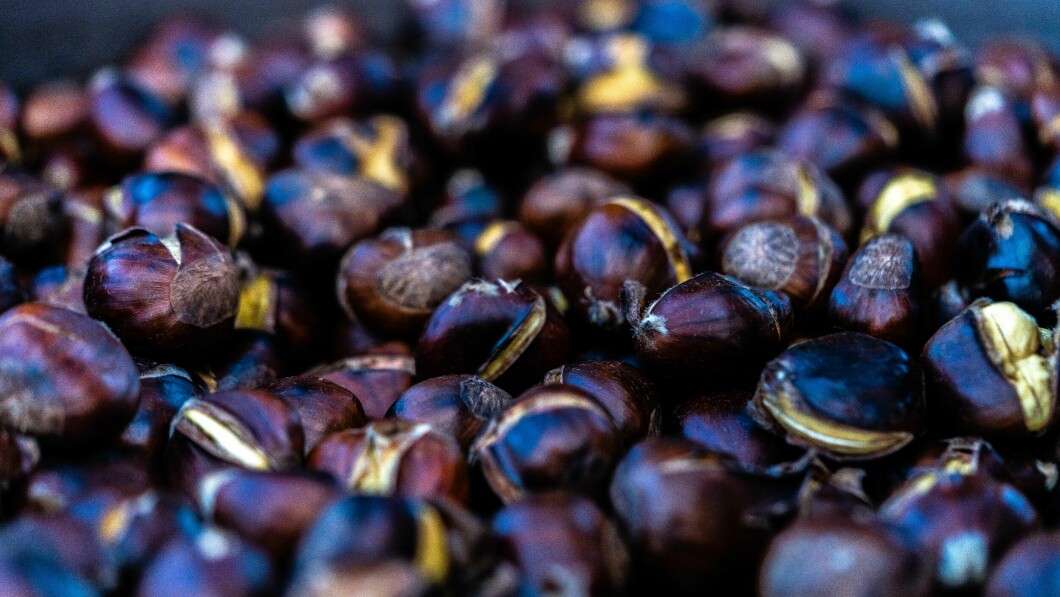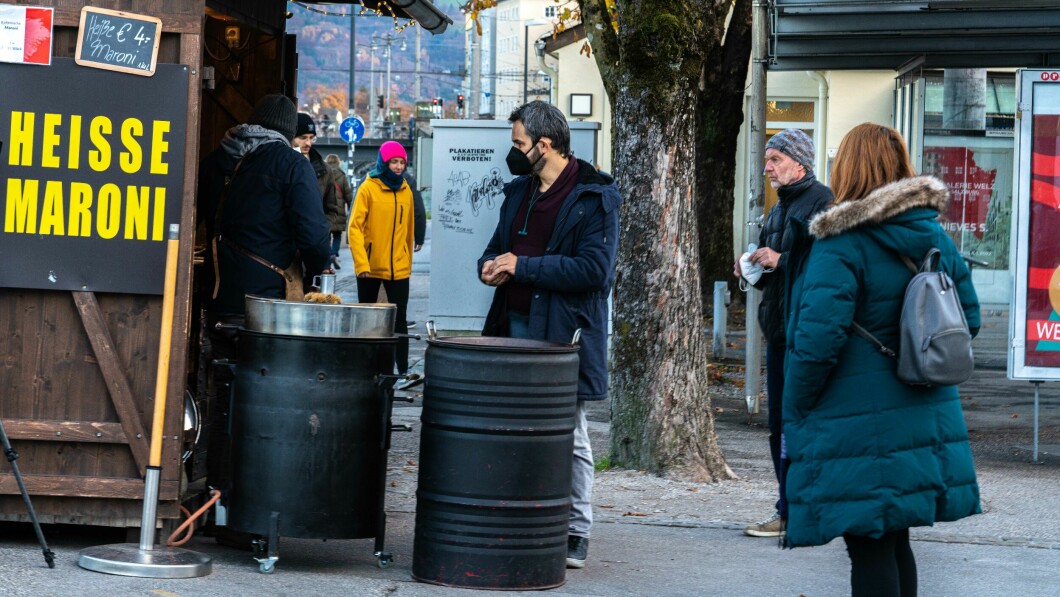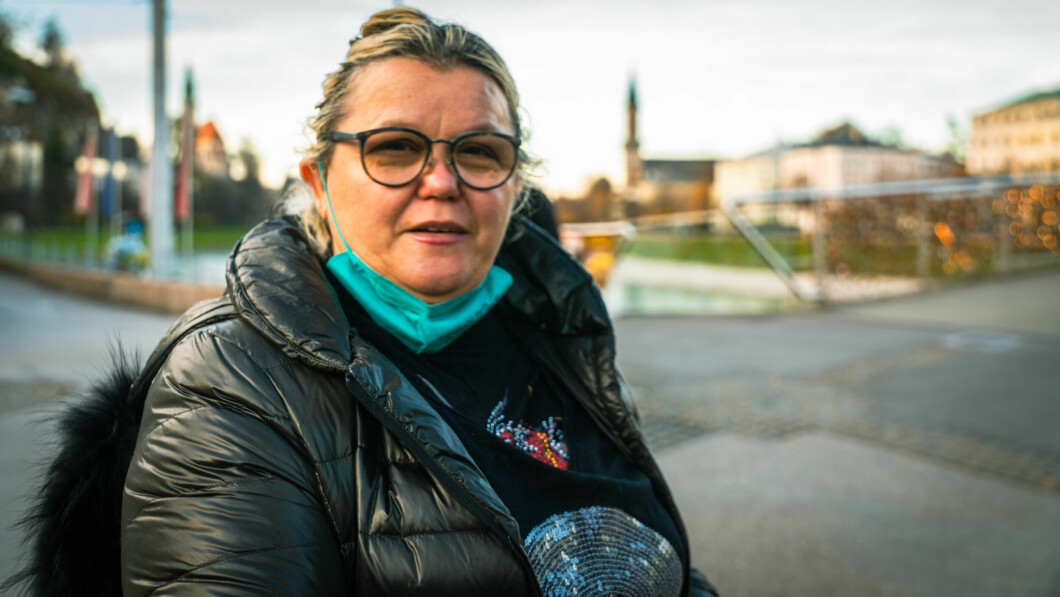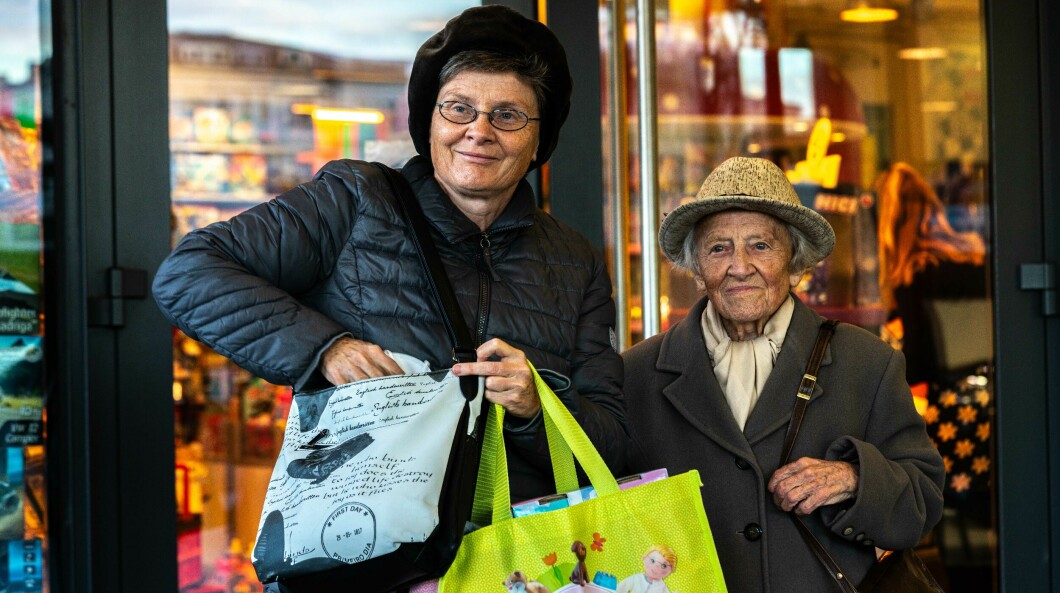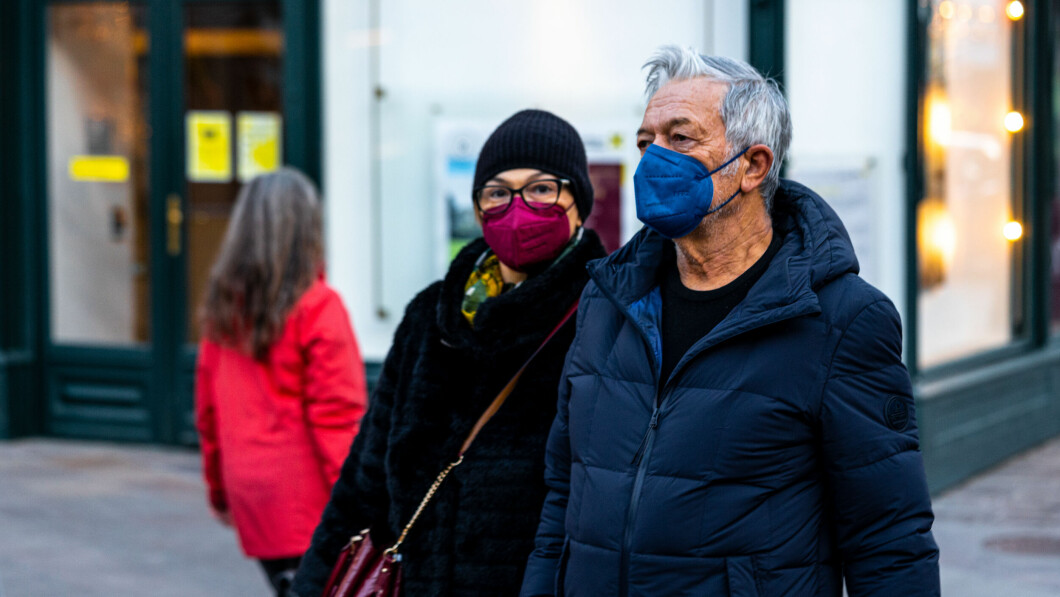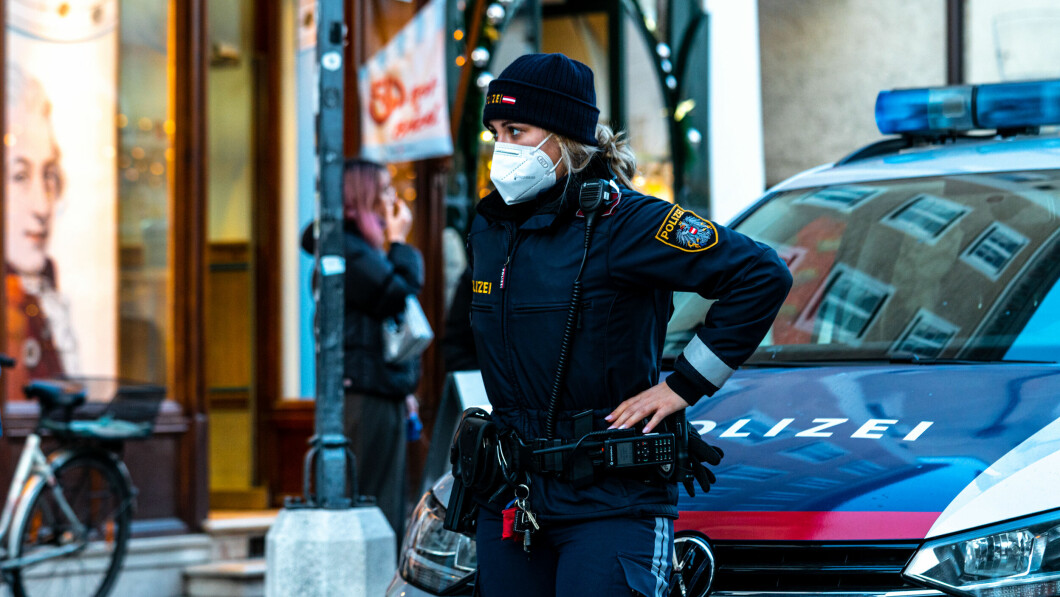There is still a raucous crowd in idyllic Salzburg at the foot of the Austrian Alps. People rush in the narrow streets to shop before shops close on Monday.
– In principle, we have an exam on Monday, but we don’t know if we can go to university or not, says Carolina Rutz.
Carolina is from Madrid, but she studies Law and Economics in Salzburg. She says she has not received any information from the university yet.
For Carolina, the shutdown came as a surprise. Infection rates were low for a long time, but they increased very quickly after that.
– We are worried and do not know whether we will be infected or not. Nor whether the shutdown lasts for ten or 20 days. Or if it were to happen in March 2020, much longer.
Fear of infection in a neighboring country
Carolina is visiting her friend Maria, who is also from Madrid. She teaches management and language in Munich. In Germany, too, infection rates are rising rapidly, with Chancellor Angela Merkel describing the situation as extremely dramatic.
– I am worried that it will be closed in Munich too, but I hope it will not be necessary, she says.
Both young women were vaccinated, and they hope to vaccinate as many women as possible.
In the homeland of Spain, the situation is more normal. The country is one of the countries in Europe with the highest vaccination rate. Unlike Austria, where only about 65 percent are vaccinated.
– The difference is that it was very difficult for us at the beginning of the epidemic. Maria says, people realized they had to get vaccinated.
Salzburg is fully decorated for Christmas. There may be a little time for Christmas shopping this year. The closure could last until December 12, although a new assessment of the Corona situation will be made within ten days.
It smells like chestnut
Salzburg is a city with a lot of young people. There are three universities in the city, with a population of about 160,000. Locks hanging close to each other on the footbridge over the Salzach River. Locks are hung by couples in love.
At the end of the bridge, 46-year-old Andreas Lindenthaler shook chestnuts and sold them in a paper shop. It smells good.
Andreas supports the introduction of mandatory testing from February 1, 2022. Austria will be the first country in Europe to introduce a vaccine demand for the Covid-19 virus. He says there is a lot of uncertainty now, before the stoning.
– People are already worried. In my opinion, the vaccination should have been introduced too soon.
– Why?
– To take our life back, he says and laughs a little.
Most will be closed when the country enters its fourth lockdown on Monday. Stores, sports and other athletics activities will be closed. People should work from the home office, if you never have to be at work. Grocery stores, gas stations, and pharmacies may be located. For those who have not been vaccinated, the suspension will last for one month.
– Children suffer
Among those who buy retired chestnuts is Emseta Srna. She is especially concerned about children. Schools should in principle be open, but homeschooling is recommended. Nobody will be absent if you don’t come to school.
– This is not good for children. They become depressed and aggressive, as well as young people. Emsita says this is not the future of our children.
The purpose of the closure is to reduce close contact in the community as much as possible in the coming weeks, in order to reduce the number of infections. In recent days, the infection numbers have been 14,000-15,000 new infections every day.
Since Wednesday, more than 150 people have died as a result of Covid-19. Many intensive care units are overburdened, and they must select salvageable patients.

“Organizer. Social media geek. General communicator. Bacon scholar. Proud pop culture trailblazer.”





